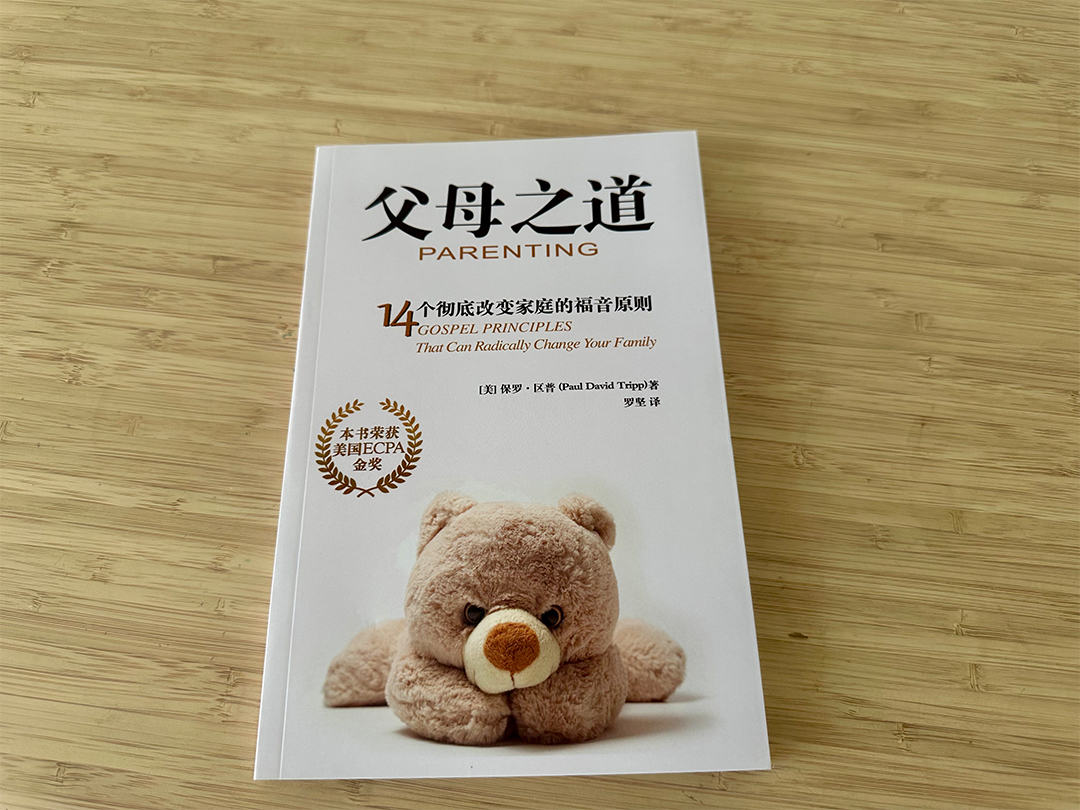As parents, what is your responsibility? Many parents, in arranging various activities, classes, and learning “scientific” parenting methods for their children, as well as dealing with the challenges of their children’s growth, have lost their direction. We strive to be good parents, learning various practical skills, but often forget where we are guiding our children.
In this book, Paul Tripp introduces 14 principles that thoroughly transform families. He helps us rethink the role of parents from God’s perspective: we are not owners of our children, but messengers of God. We are to work with God to fulfill the task of raising children.
You are invited to join the book club led by Mr. Luo Jian, the translator of this book, to grow together!
The Book Catalog
● Chapter 1: Calling
Principle: Become a vessel of God, used to shape souls, with life’s mission being the greatest.
● Chapter 2: Grace
Principle: God will never call you to a task without equipping you to complete it; nor will He send you out to work without accompanying you.
● Chapter 3: Law
Principle: Your children need God’s law, but you cannot accomplish what only grace can achieve with the law.
● Chapter 4: Inadequacy
Principle: Recognizing what you cannot do is the prerequisite to becoming a good parent.
● Chapter 5: Identity
Principle: As parents, if you cannot find rest in your identity in Christ, you will seek identity confirmation from your children.
● Chapter 6: Process
Principle: You must grow as parents with long-term vision because change is a process, not an event.
● Chapter 7: Lost
Principle: As parents, you cannot just address bad behavior; you also need to address the reasons that lead to it.
● Chapter 8: Authority
Principle: One of the fundamental factors influencing a child’s heart in every child’s life is authority. A key factor in being a good parent is teaching and living out protective authority beautifully.
● Chapter 9: Foolishness
Principle: The foolishness within your child is more dangerous to them than the temptations they face externally. Only God’s grace has the power to rescue them from foolishness.
● Chapter 10: Character
Principle: Many of the mistakes your child makes are not direct defiance of authority but largely due to a lack of character.
● Chapter 11: False Gods
Principle: You are raising a worshiper, so remember this: whoever controls your child’s heart controls their behavior.
● Chapter 12: Control
Principle: The goal of educating children is not to control behavior but to change their hearts and lives.
● Chapter 13: Rest
Principle: Only by resting in God’s presence and grace can you become a joyful and patient parent.
● Chapter 14: Mercy
Principle: Parents who admit they absolutely need mercy can give mercy more kindly than others.



